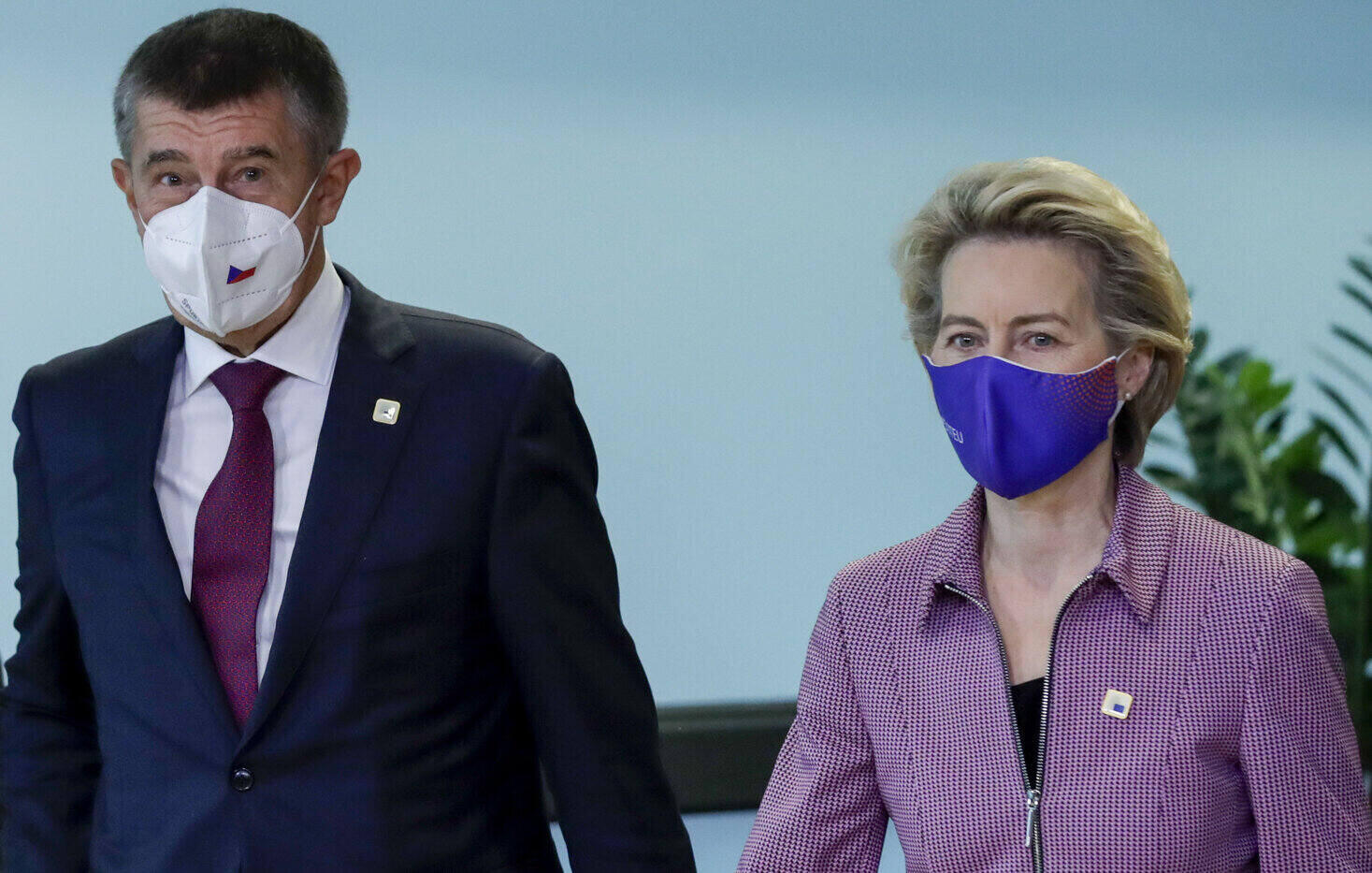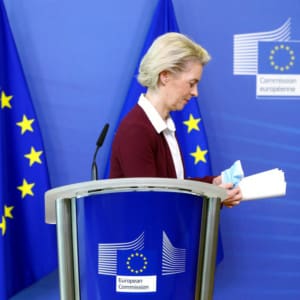The assessment report of the European Commission on the state of the rule of law looks good for the Czech Republic, commented Prime Minister Andrej Babiš. According to him, the Commission does not find any systemic failures. The report mentions some remaining shortcomings as well as a specific audit finding and the risk of conflict of interest in a specific case, but does not draw new conclusions, the prime minister noted. On the other hand, part of the opposition argues that the report points to Babiš’s alleged conflict of interest.
“For the Czech Republic, the report is generally positive – we have a well-functioning system. The Commission does not find any systemic failures, and we have made some improvements compared to the last year, such as increasing the efficiency of the judicial system,“ said Babiš.
Among the shortcomings mentioned, according to the prime minister, there are still unheard laws in the Chamber of Deputies on lobbying and whistleblowing. The report also mentions a specific audit finding and the risk of a conflict of interest concerning a specific case.
“Regarding corruption in the higher spheres, investigations and audits of the use of EU funds at national and European level have recently obtained evidence of conflicts of interest at the highest governmental level. Based on them, the European Public Prosecutor’s Office began investigating the case,“ the Commission said on Tuesday about the situation in the Czech Republic.
“However, the report does not draw any new conclusions on this basis – it only points to the existence of the given finding. The Czech Republic is involved in this matter while insisting that these are different legal opinions of the state administration of the Czech Republic and the EU institutions, while only the Court of Justice can decide on the correct interpretation. Therefore, the annual report does not bring anything new in this matter,“ the prime minister added.
As it did last year, the Commission assessed the judiciary, the fight against corruption, media pluralism, and the overall control and balance of institutions in each member state.
The EU executive sees shortcomings in the implementation of the Czech government’s anti-corruption strategy. According to the Commission, the plurality of the media in the country remains guaranteed, but the media hit by the coronavirus crisis did not receive public support, and the election of members of the Czech Television Council is accompanied by political scrambles.
According to Brussels, Czechia has made progress since last year in implementing reforms concerning the selection of judges and their disciplinary regime, which can strengthen the independence of the judiciary. The efficiency of civil, commercial, and administrative courts has also increased.
Czech laws generally address the fight against corruption; however, the government has not yet been successful in putting into practice the anti-corruption strategy, which includes, for example, the approval of laws on lobbying or the protection of whistleblowers.
Minister of Justice Marie Benešová stated that she had not yet had the opportunity to see the whole report. “According to the information I have, the Czech Republic is doing the same as last year,” she said.
According to her, the good news is that the commission praises Czechia for judicial reform. “The criticism is for plans, which we are trying to fulfill on an ongoing basis, given the current difficult situation. But some draft laws (whistleblower protection, lobbying) are ready, and it’s just a matter of going through the entire legislative process,“ the minister added.
Title image: Czech Republic’s Prime Minister Andrej Babis, left, is welcomed by European Commission President Ursula von der Leyen before a meeting at EU headquarters in Brussels, Thursday, Oct. 15, 2020. (Olivier Hoslet, Pool via AP)






